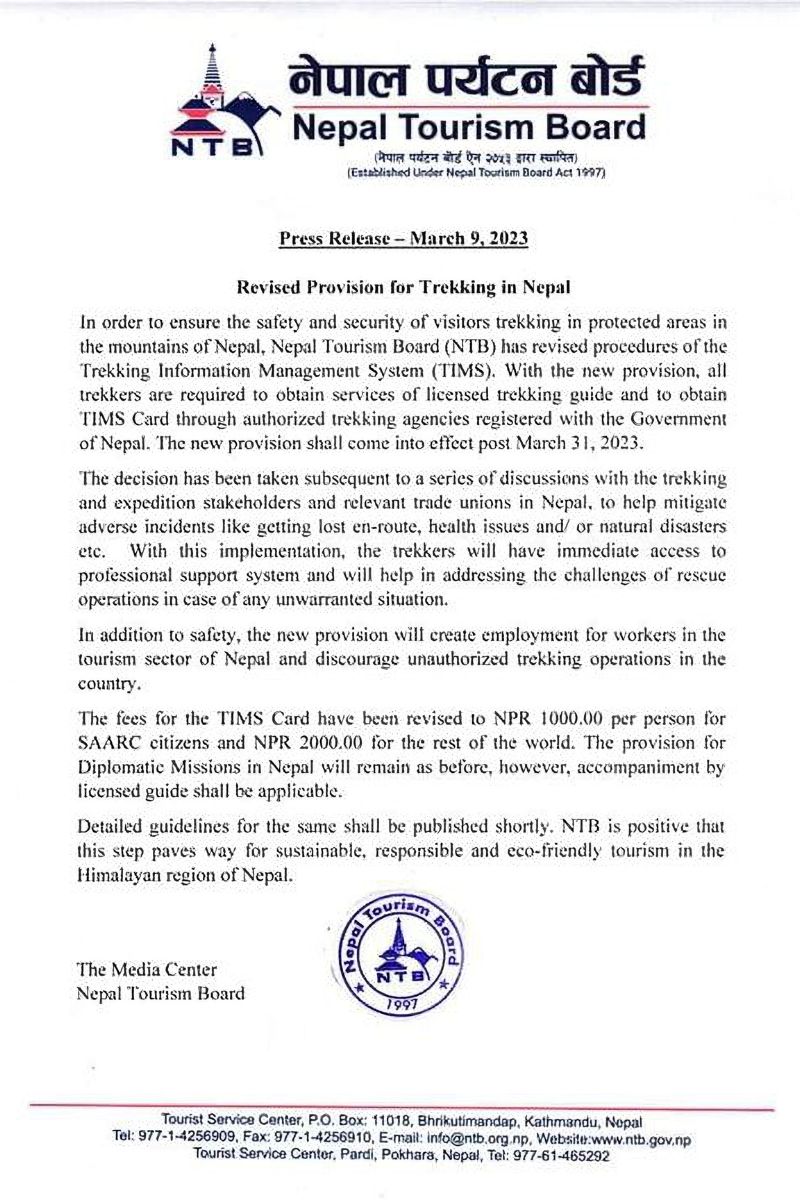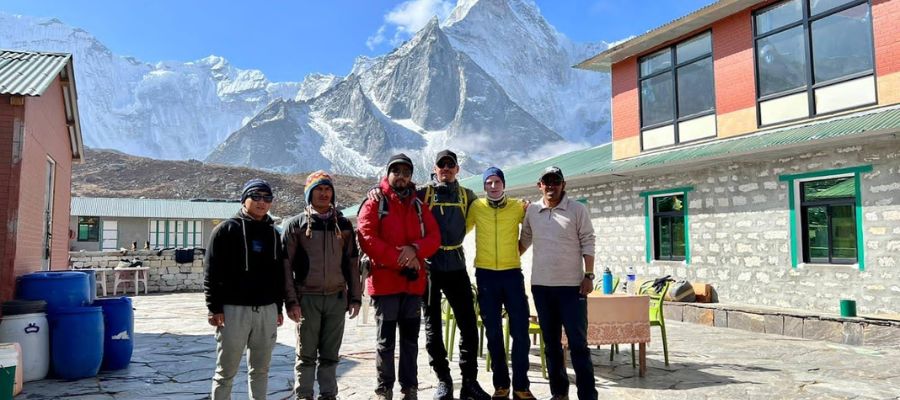
No More Solo Trekking in Nepal: New Law Makes Guides Mandatory

No More Solo Trekking in Nepal: New Law Makes Guides Mandatory
swotah travel
7201
10, 03 2023
In a bid to enhance safety measures for foreign trekkers, Nepal Tourism Board has passed a new law that mandates all foreign solo trekkers to hire a guide while trekking in Nepal's mountainous regions. This law will come into effect from 1st April 2023.
According to the new law, all foreign solo or independent trekkers who intend to trek in the Himalayan region of Nepal must have a licensed guide. The guide must be registered with the Nepal Tourism Board and have completed a mountaineering course approved by the government.
The decision was made after several incidents of accidents and missing trekkers were reported in the trekking region of Nepal. The government believes that hiring a guide will improve safety measures and reduce the number of accidents.
According to Mani Raj Lamichhane, the spokesperson of the board, they receive around 40 to 50 cases of trekkers being out of contact during their treks annually, which sends out a message that Nepal is not safe for tourists. To address this issue, the Trekking Agencies Association of Nepal (TAAN) has developed measures such as issuing standard permits, providing insurance to trekkers, and setting up trekking routes with checkpoints along the way. The board has now made it compulsory for solo foreign trekkers to take a guide, according to Lamichhane.

Photo: Mandatory Guide Requirement for Solo Travellers Trekking in Nepal
This law has been welcomed by many trekking companies as it will generate more employment opportunities for local guides. The government also hopes that this move will promote Nepal as a safe destination for adventure tourism.
Trekking is one of the main sources of income for Nepal's tourism industry, and the government has been taking steps to enhance safety measures for foreign trekkers. Foreign trekkers who wish to trek in Nepal's mountainous region are advised to plan their trekking trip accordingly, taking into account the cost of hiring a licensed guide.
Why Did Nepal Set a Ban on Solo Trekking for Foreigners?
Nepal has set a ban on solo trekking for foreign visitors due to safety concerns, the preservation of natural resources, and the protection of vulnerable locals. The mountainous terrain of Nepal can be notoriously treacherous, and the lack of proper oversight in remote areas can be a major risk for those attempting a solo trek. The legal ban is intended to reduce the number of trekkers getting lost, hurt, or missing while preserving the country's lush environment and safeguarding locals from potential exploitation.
The safety of travelers is the top priority when it comes to this policy, as the ever-changing weather, unstable land formations, and areas prone to landslides and avalanches can make for a dangerous journey without guidance. Additionally, an increase in solo trekkers, without proper oversight, can lead to environmental degradation. The restriction on solo trekking is designed to preserve the splendor of Nepal's landscapes for generations to come.
Finally, the ban seeks to protect vulnerable locals from exploitation. Many guides may charge exorbitant fees for their services or falsely advertise the experience of what they can offer, and the new policy will force foreign trekkers to obtain a more reputable guide. In this way, the ban on solo trekking is intended to ensure the safety of trekkers, preserve the country's natural resources, and protect vulnerable locals from possible exploitation.
TIMS card Price after New Rules
The Nepal Tourism Board has also raised the price of the Trekkers Information Management System (TIMS) card, which is mandatory for all hikers in Nepal. Starting in April, South Asian nationals must pay 1,000 rupees ($7.63 USD) per individual hiker, up from 600 rupees ($4.58 USD). For foreign trekkers, the cost is double the previous rate at 2,000 rupees ($15.26 USD) per individual hiker.
In 2019, the Nepal Tourism Board issued over 46,000 TIMS cards for single hikers. However, due to the COVID-19 pandemic, this number has drastically dropped to less than 20,000 in 2022.
TIMS Card Through Online
Nepal Tourism Board has announced a plan to introduce an online TIMS card issuance system on April 1, 2023. This plan seeks to disrupt the current marketplace of tourism and trekking in Nepal and provide better convenience and access for travelers. This system needs to ease the process of obtaining a TIMS card, which currently requires tedious paperwork, long waiting times, and restrictions due to social distancing protocol. Through this online system, the board hopes to create a smooth and expeditious experience for trekkers and tourists.
Why is it beneficial for Travellers?
Nepal is a stunning destination for trekkers worldwide, with its breathtaking scenery and diverse cultures. However, trekking in Nepal without a guide can be risky, especially for those who are unfamiliar with the terrain and local customs. That is why Nepal has implemented a mandatory guide policy for all tourists participating in treks, which benefits both the traveler and the country.
Ensuring Safety and Security
Having a local guide to accompany trekkers provides assurance and safety during the journey. Safety should always be a top priority, and going it alone can potentially harm the traveler from wild animals and unknown terrain. A guide who is experienced in medical emergency handling can assist in case of any unforeseen circumstances. Furthermore, a guide can suggest the safest route to take and lead trekkers back on track if they stray away, ensuring their safety and security.
Providing Insights and Experience
A local guide can provide valuable insights into the local culture, customs, and myths of the area, giving trekkers an experience that goes beyond just a simple holiday. From uncovering Nepalese culture to being on the lookout for native wildlife, a guide can provide you with insights no tourist brochure could offer. A guide is a link to the world and assists with anything you need help with - organizing permits, food, transport, or even mosquito repellent. With a guide, you will be confident to explore and travel further, unlocking a world of secrets and experiences that you might have otherwise missed.
Supporting Sustainability and Local Economy
Tourism is an essential factor in Nepal's economy, and the mandatory guide policy helps to ensure that it remains sustainable. By supporting this policy, Nepal ensures its revenue remains within its borders and establishes itself as a responsible and professional tourism destination. Hiring a guide means supporting skilled workers in Nepal and contributing to the meaningful improvement of people's lives. It is a valuable way for any dedicated traveler to contribute to sustainable tourism in Nepal.
Respecting the Environment
As visitors to the local villages, it is essential to respect the environment and local customs. A local guide can help in understanding and respecting the surroundings, adding even deeper appreciation for your trip. They can help pick out unexpected or obvious safety risks in the environment, which a traveler may have been unaware of, and prevent any potential mishaps due to a lack of local laws and customs knowledge.

Cons of this new Rule
The new rule requiring all foreign solo trekkers to hire a guide while trekking in Nepal's mountainous regions has its drawbacks. Here are some of the cons:
Increased Cost
The new rule will certainly increase the cost of trekking in Nepal as hiring a guide will add to the expense of the trek. This could put a financial strain on backpackers and budget travelers who may not have the necessary funds to hire a guide.
Reduced Freedom
The rule will also reduce the freedom of independent trekkers. With a guide, they will need to adhere to the guide's schedule and follow their instructions, which may not be ideal for those who prefer to explore the region without a set itinerary.
Unavailability of Guides
The availability of guides could be an issue, especially during peak trekking season. With the surge in demand for guides, travelers may find it difficult to find a certified guide with the necessary experience and qualifications.
Inconvenience
The process of finding and hiring a guide could also be inconvenient for travelers. It involves researching for a qualified guide, contacting them, and agreeing on a rate. This could be a time-consuming process and could lead to delays in the trekking trip. Overall, the new rule requiring foreign solo trekkers to hire a guide while trekking in Nepal's mountainous regions could be beneficial in terms of safety and security.
A guide can be quite helpful, even if the clients do not wish to engage in conversation and would prefer to make their own decisions. The cost of the guide may seem like an extra expense, but in the end, it will likely be worth it. Even if a more solitary wilderness hike is desired, a guide is still necessary for Nepal. Those who believe this will ruin their experience may not be suited for trekking in Nepal, with or without a guide.
How to hire a trekking guide in Nepal?
Swotah Travel is here to help make your trekking adventure in Nepal as safe and enjoyable as possible. We are proud to offer you the opportunity to hire a certified trekking guide who can provide you with invaluable insights and knowledge about the terrain, climate, and culture of Nepal.
The benefits of hiring a guide are clear: they will provide you with the necessary safety and security during your trek, giving you peace of mind in the knowledge that you are in good hands. Your guide will also be able to offer you advice on the best routes to take, the best campsites to stay at, and the most delicious local foods to try. They will be your personal photographer, helping you capture stunning photos of the majestic Himalayas. Finally, they will be able to provide you with invaluable insights and knowledge about the local culture and customs, helping you have an authentic and immersive experience.
Swotah Travel provides you with a list of registered, experienced, and certified guides who meet all the necessary safety requirements. We make sure that our guides are adept in medical emergency handling, providing you with complete assurance. All our guides are also trained to protect the environment and respect the local culture, helping to ensure that your trekking experience is sustainable and respectful. We also help trekkers to attain TIMS, eliminating the need for tedious paperwork and long waiting times.
With Swotah Travel, you can rest assured that your trekking adventure in Nepal will be an unforgettable experience. So, what are you waiting for? Contact us today and let our experienced guides show you the wonders of Nepal.
NEWSLETTER SIGNUP
Sign up to receive our trip ideas and travel offers!
Get updates and Exclusive Offers up to 20% Discount








